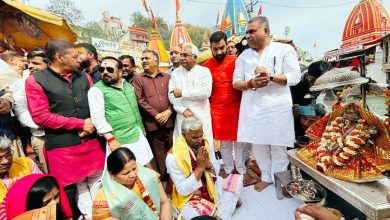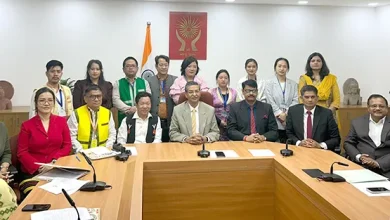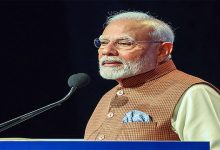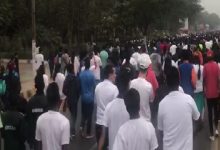Ashoka University prof’s paper full of political fog. It only disproves 2019 electoral fraud

A50-page pre-publication online paper called Democratic Backsliding in the World’s Largest Democracy by Ashoka University’s assistant professor Sabyasachi Das has been attracting a disproportionate amount of attention from the Indian political class and commentariat. Written on 3 July, posted on 25 July, and revised on 2 August, the paper has triggered reactions sharply divided along party and ideological lines.
The anti-Modi and Bharatiya Janata Party (BJP) faction has gone to town with the paper, embellishing its claims and puffing its so-called data-driven empiricism. This lot includes the Congress’ most educated and erudite Member of Parliament, Shashi Tharoor. On the other side, BJP’s Nishikant Dubey, a Lok Sabha member from Jharkhand, and—according to the Lok Sabha website—doctor of philosophy in Management Topic Emerging Issue of Rural Poverty in India, appeared on national television rubbishing Das’ claims.Unfortunately, it is pretty obvious that neither Tharoor nor Dubey has taken the trouble of reading, let alone actually understanding, the long article. This is also true of all those—barring one or two—whom I have heard or read on this topic during the course of my research for this two-part column. I don’t entirely blame them. The paper is not only long but also has some complex, if not convoluted arguments, backed by statistical and other data sets, which are not easy to comprehend.
That is why it is practically impossible to separate its content from its context. The latter, indeed, is little else than the politics triggered by its reception in addition to its own politics, which it cannot escape no matter how much its objective-sounding academic tone and style might try to mask it. In fact, just a cursory look-up of the key phrase in its title, “democratic backsliding” in India, is enough to prove it.
Scores of articles condemning India for its weakening democracy will show up in such a search, with the top news and media outlets of the world having covered or promoted it prominently. These include “the usual suspects”—CNN, BBC, The New York Times, The Washington Post, The Guardian, Financial Times, The Hindu, to name a few, and a host of respectable journals such as Foreign Policy and the Journal of Democracy.
In addition, there have been damning downgrades by international agencies: Freedom House lowered India from “free” to “partly free” in its 2021 Democracy under Siege report, accusing the Narendra Modi government of trying to “stifle critics in the media and academia”. V-Dem in its Democracy Report 2021 called India an “electoral autocracy”. The research institute added, “In general, the Modi-led government in India has used laws on sedition, defamation, and counterterrorism to silence critics.” The Economist Intelligence Unit pulled India from 46th place in 2021 down to 53rd in their 2023 Democracy Index, citing, you guessed it, “democratic backsliding”.
















